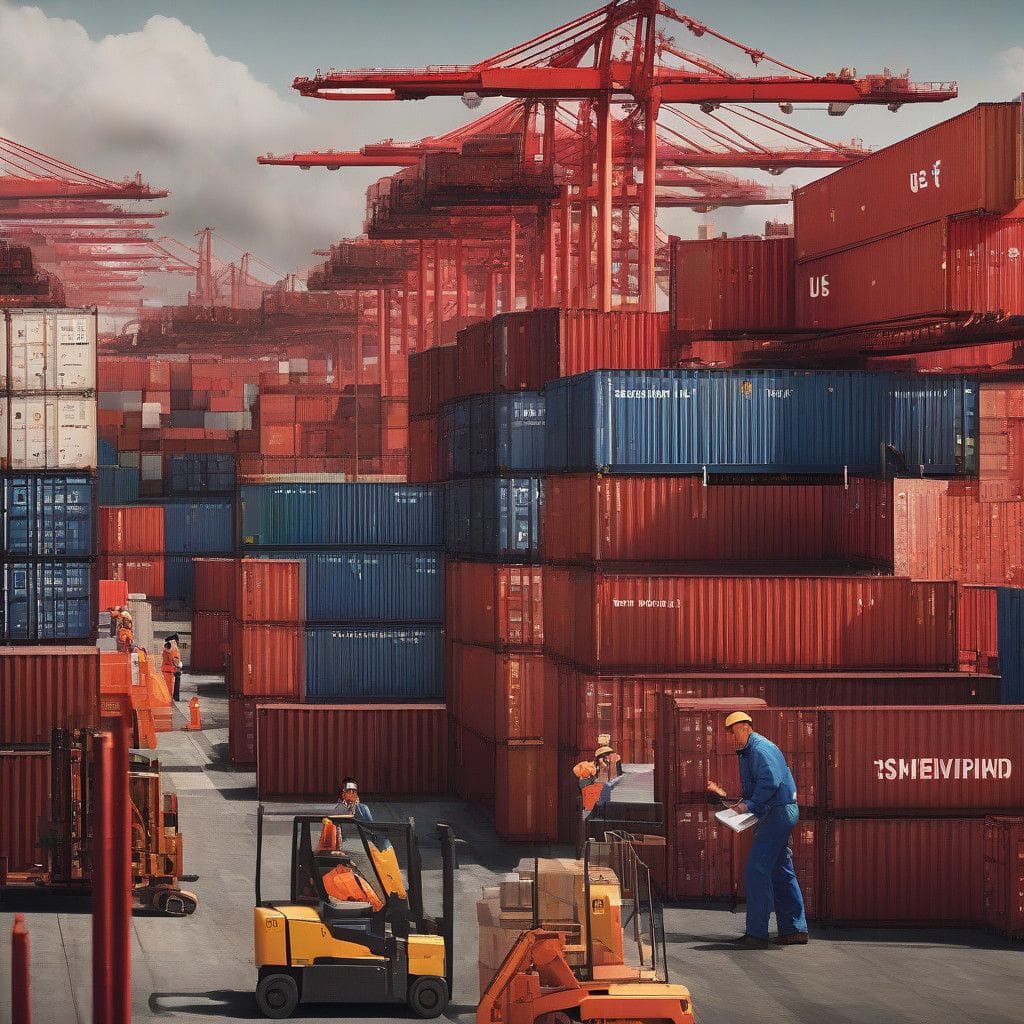The Biden administration’s proposal for new shipping regulations signals a significant shift for e-commerce giants like Shein and Temu, which have made their mark in the US market. The intended changes aim to eliminate the ‘de minimis exception,’ a provision that allows goods valued under $800 to enter the United States without incurring tariffs. This exception has seen a dramatic rise in usage, with shipments increasing from 140 million to over one billion over the past decade, predominantly attributed to Chinese platforms.
This proposed regulation comes as an attempt to counteract what the administration describes as an increasing misuse of the exception, particularly by Chinese e-commerce companies. President Biden has expressed concerns about this growing trend, which he believes undermines American businesses. In his remarks, he emphasized the importance of addressing this loophole to sustain fair competition, ensuring that local companies are not disadvantaged by what he termed “unfair” trading practices.
For companies like Shein and Temu, the proposed regulations represent a potential rise in operational costs and logistical complications. Currently, these platforms have benefitted immensely from the ability to ship goods duty-free, which allows them to offer competitive prices. Shein, for instance, has built a reputation for providing affordable, trendy clothing. Similarly, Temu has carved a niche in the market by offering low-cost products directly from suppliers in China.
Both companies have proactively defended their practices. They argue that their business models rely heavily on affordability and compliance with existing import regulations. Shein, for example, has stated its commitment to responsible sourcing and adherence to US regulations. Temu has echoed this sentiment, emphasizing its dedication to meeting all legal requirements related to product safety and shipping. However, the increasing scrutiny of these platforms signifies a potential change in the landscape of e-commerce.
US safety regulators are also calling for an examination of product safety standards on these platforms. Reports have surfaced suggesting that many products sold on Shein and Temu may not meet the stringent safety guidelines set by the US. This provokes further concern over consumer protection, with advocates urging the government to take a harder stance on ensuring that all imported goods adhere to established safety standards.
The proposal from the Biden administration is not solely a reaction to the success of these Chinese platforms. It is also a consequence of increasing pressures from various sectors within the US economy. The US-China Economic and Security Commission has raised alarms about the possibility that platforms like Shein exploit these loopholes to gain an edge against American competitors, resulting in significant market share loss for domestic companies. In essence, the rules aim to fortify American businesses and safeguard jobs against what is deemed as unjust competition.
As we look to the future, it remains to be seen how these proposed changes will impact the dynamics of e-commerce. Should the regulations take effect, they could fundamentally alter the pricing strategies and operational frameworks of platforms like Shein and Temu. Moreover, the changes could also encourage American consumers to reevaluate their purchasing behaviors, especially considering the increasing visibility of product origin and compliance with domestic standards.
In conclusion, the Biden administration’s move to tighten shipping regulations for Chinese e-commerce platforms marks a pivotal moment in the relationship between the US and Chinese market players. As the landscape of global e-commerce evolves, both consumers and businesses alike will need to adapt to a new frontier characterized by stricter regulations and heightened awareness of product safety and market fairness.












